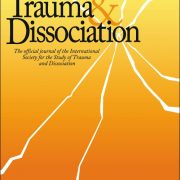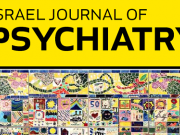Soundcloud Clips from ‘Why Did I Go Mad?’
‘I went from a whole, healthy little girl into a shattered mind’ ~ Abuse as a catalyst to psychosis
Dr Eleanor Longdon ~ Voices can be recruited as part of the healing journey.
Talking with your foe ~ Rai and Dirk explore the power of dialogue with the adversarial voice
Psychiatrist Sir Robin Murray in conversation with Dr David Strange.
Dr David Strange in conversation with Professor Richard Bentall for BBC Horizon
Professor Swaran Singh on the links between social marginalisation and psychosis.
Jacqui Dillon and Rachel Waddingham interviewed by Rachel Burden for BBC Five Live





 It is just over 50 years since the publication of Sanity, Madness and the Family, R.D. Laing’s and Aaron Esterson’s groundbreaking study of ‘schizophrenia’ in 11 young women. Birkbeck Research in Aesthetics of Kinship and Community (BRAKC) and the Birkbeck Guilt Working Group have organized a one-day symposium to discuss the lasting impact of that book.
It is just over 50 years since the publication of Sanity, Madness and the Family, R.D. Laing’s and Aaron Esterson’s groundbreaking study of ‘schizophrenia’ in 11 young women. Birkbeck Research in Aesthetics of Kinship and Community (BRAKC) and the Birkbeck Guilt Working Group have organized a one-day symposium to discuss the lasting impact of that book.